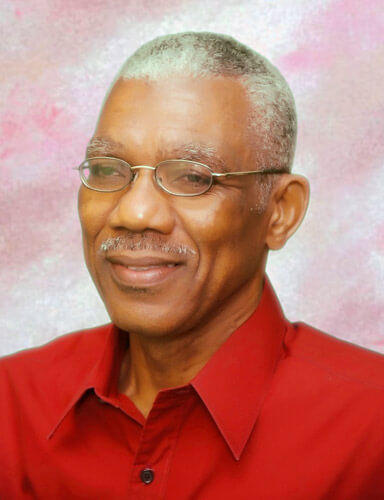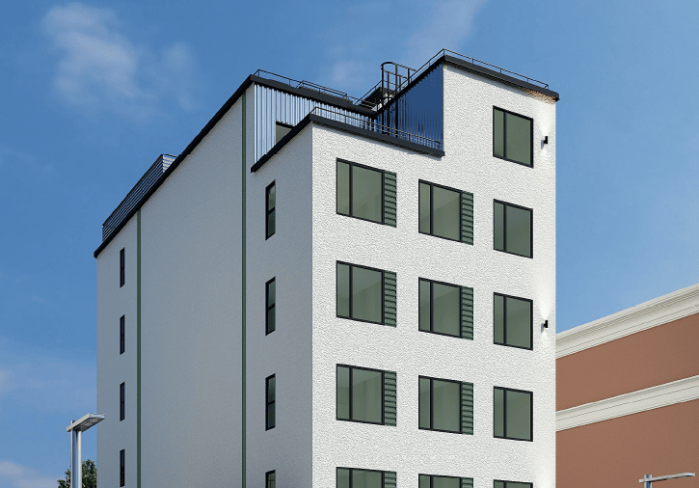The outgoing chairman of CARICOM, the 15-nation Caribbean Community integration movement, says that the group achieved much in the past year and expects succeeding leaders to build on gains made in 2011.
Bloc chairman Denzil Douglas, the prime minister of St. Kitts and Nevis — and easily the longest serving leader in CARICOM, will from year-end hand over to President Desi Bouterse of Suriname, who will hold the chairmanship until the next annual summit in July.
Douglas who has had this honor several times since being elected in the mid 90s, says the region was involved in some ground-breaking work including its mainstream participation at a United Nations Conference on non communicable diseases like diabetes and hypertension held in New York in the summer.
The bloc had been the driving force in pushing the UN to hold the high level summit after organizing several of its own special leaders conferences on the issue and discovering that these are the leading killer causes in the Caribbean.
“In advancing the latter ideal, our community can take pride in the fact that we provided the leadership to appropriately position on the international stage, the threat of non-communicable diseases,” Douglas said noting the region’s central role in the summit.
He also said that Caricom is about to set up the new umbrella Public Health Agency (CARPHA) that will now encompass several different regional health bodies scattered across the bloc into one organization and one base from the beginning of January. In all there are five different agencies being made into one.
Meanwhile, governments appear to be succeeded in getting the attention of both state and private investors from Asian giants like China, Japan and India following deliberate and targeted efforts in 2011 as authorities look to new areas to bring in foreign direct investment. He said all three economic powerhouses “mounted trade and investment missions to the region seeking opportunities,” suggesting it augers well for the region in times of current global uncertainties.
Douglas also touched on the Cuba-Caricom triennial summit in Trinidad and December where Washington forced the summit to move from the refurbished Hilton Hotel to another venue because of the continued economic and services embargo by the US against the communist-ruled island.
He said several initiatives were taken that will impact several areas of community life in the Caribbean including health, agriculture and education.
Cuba and Caricom have had diplomatic relations since 1972 as leaders back then had moved to defy the US and end the island’s isolation in the hemisphere.
Caricom also had a new secretary general this year following the 2010 summer resignation of longstanding chief executive Edwin Carrington after 18 years. Irwin LaRocque of Dominica was installed as the new boss, a development Douglas called “an occasion which, for me, heralded a turning point in the history of our community. He has begun the task of finding creative ways to chart the community’s course in the current global environment,” he said as he ended his Christmas and departure message.
























